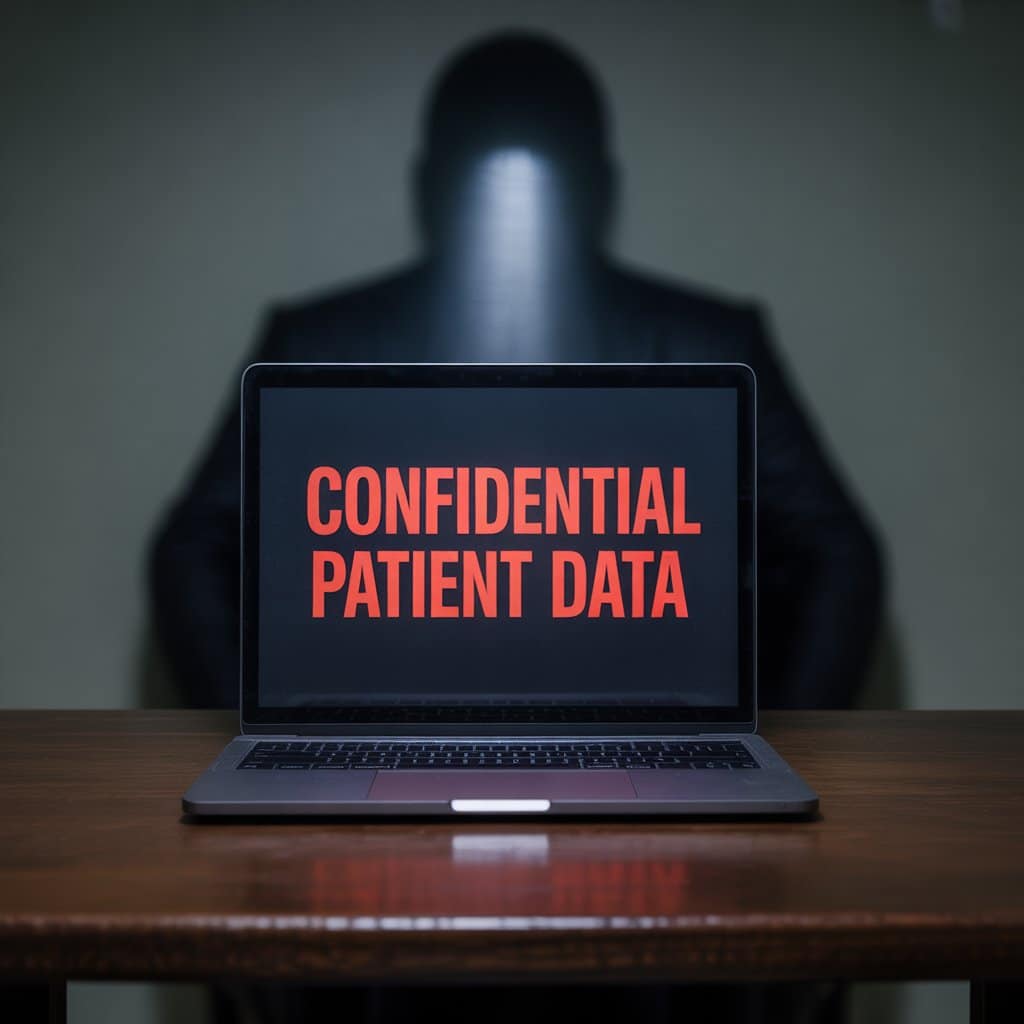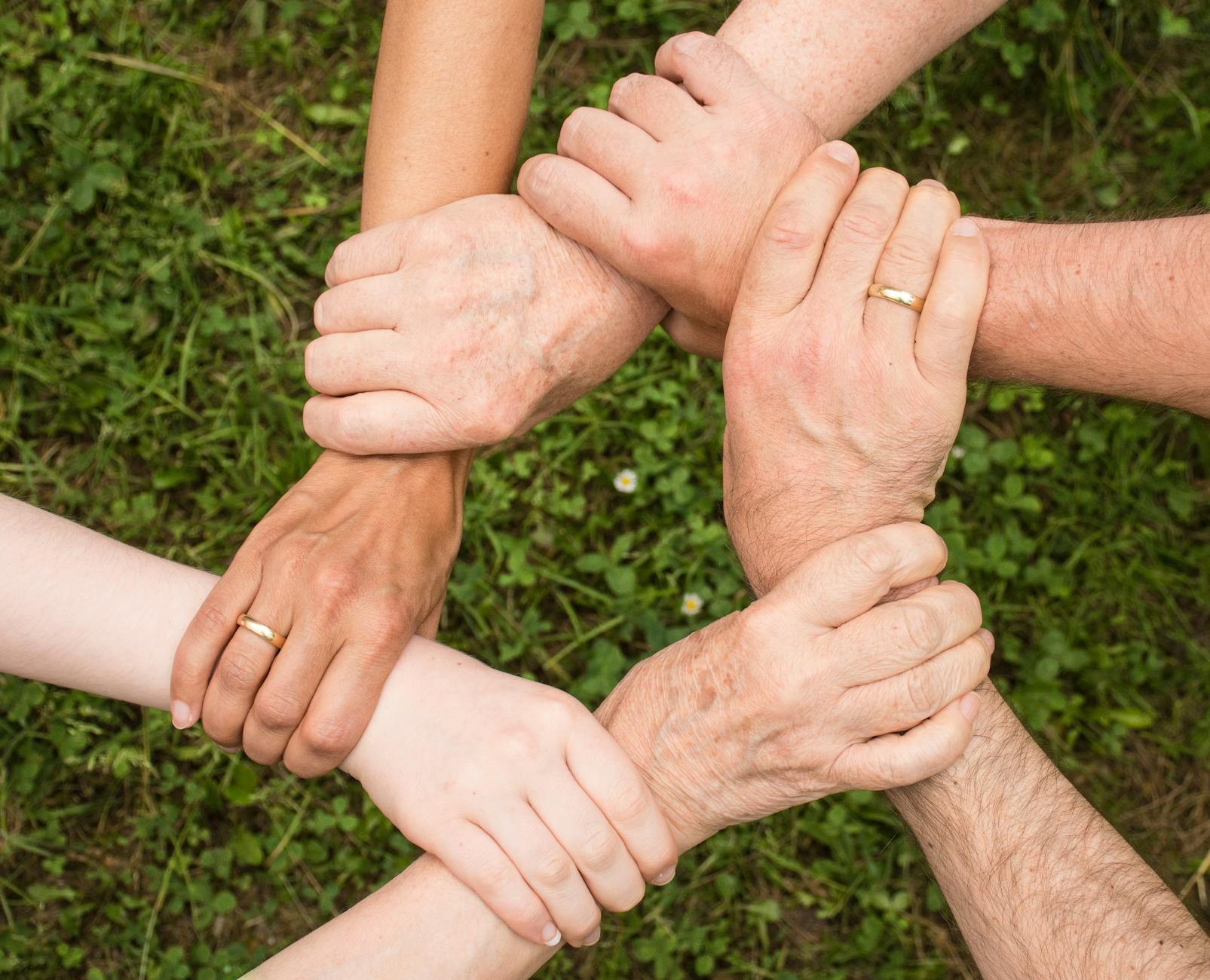Have you ever felt afraid to seek help for your mental health concerns because of what someone else might think about you? What your community or tribe might think of you?
More often than not, the judgments that other people carry are less about who you are. Often they are about how communities embrace or avoid talking about mental health itself. Communities can hold mental health treatment in a negative light …that is, they can stigmatize it. It is critical to remember that stigmas aren’t truth and that lack of understanding or false beliefs can slow health, increase suffering and cause you to feel stuck. Stigma can lead to long-term issues if it keeps you from seeking the support that you need.
What do mental health stigmas look like?
A stigma might look like someone making a negative remark about you regarding your seeking outside help or perspective. It can look like men telling their bros to ‘just go hit or shoot something”, or not doing means restriction (i.e taking and storing a gun) from a male friend because you don’t want to make him feel bad. It can mean dismissing outside help because of loyalty to ‘tough, strong’ people that make up your lineage. Parents can also play a big influence. For instance, you may have a parent that has told you to ‘snap out of it’ or who has expressed their concern that being diagnosed with a mental health disorder means others will think you “weak.”
You might notice that the explanations, although well meaning, don’t shift your suffering…you’re looking to shift your suffering not judge yourself more than what you’re already doing.
Can you overcome mental health stigma?
While stigma is anything but encouraging, you can overcome it. Here are three ways people overcome mental health stigmas:
Recognize your needs and history may differ from your family/tribe. Find inspiration to seek treatment anyway.
Remember that many stigmas and the harsh things people say arise from ignorance. So, whether or not someone knows anything about your mental illness or mental health in general, what matters is that you know. You are the only one who understands how you feel. Well-meaning friends and family may lack knowledge in a particular subject, and you can still pursue accurate knowledge through consultation with a mental health professional.
You are also not alone if you are struggling with your mental health, just as you are not alone in experiencing the stigma. Maybe you have a struggling friend or someone you feel comfortable talking to about anything you are ready to open up about. Ask them for advice on how they overcame their struggles. While mental health stigmas are unfortunately quite common, there are also people in the world ready to support you; sometimes, it is just a matter of seeking those people first.
Join a support group
Social support and validation are core human needs. Your feelings over how difficult it is when people you love do not understand nor are unwilling to listen, are valid. Local and national support groups can help you on your path and empower you to seek help. Your priority is honoring what works for your health and finding help before your problems escalate and become more challenging to manage. Once you engage in a supportive counseling relationship and realize how helpful it is, you likely will not worry as much about the stigma anymore. Your counselor can help you navigate the lack of support you face outside of session.
The National Alliance on Mental Illness (NAMI) connects you to online groups and other helpful resources. Plus, it is a great way to get informed and feel empowered. The more you understand, the more likely you are to experience self-acceptance and self-compassion. You can also learn how to talk more openly and directly about your struggles with supportive people in your life.
Be mindful of your self-talk
Listen to the way you speak to and about yourself. Rather than saying something like I am depressed, you can choose to say, “I have depression”. The key is to separate yourself from your illness because you are not your symptom. Being more mindful of the words you choose can help you develop more awareness, self-compassion and interventions. Not only can manifesting more self-compassion help encourage you to seek counseling, but it can help you relate to yourself in a supportive way.




